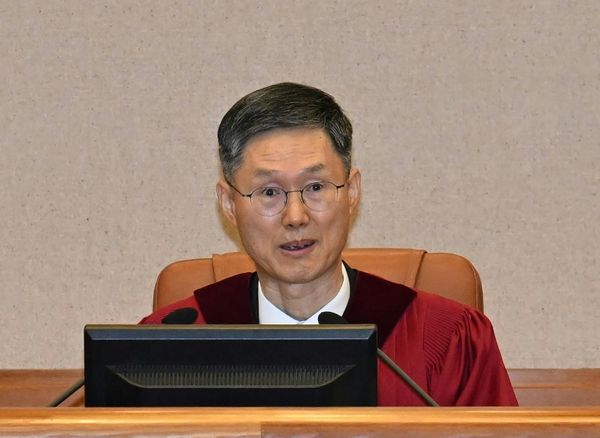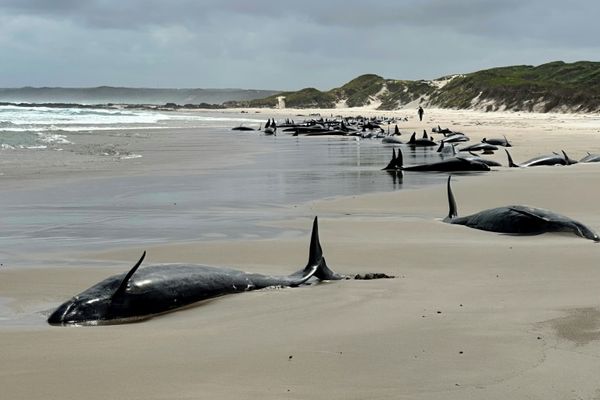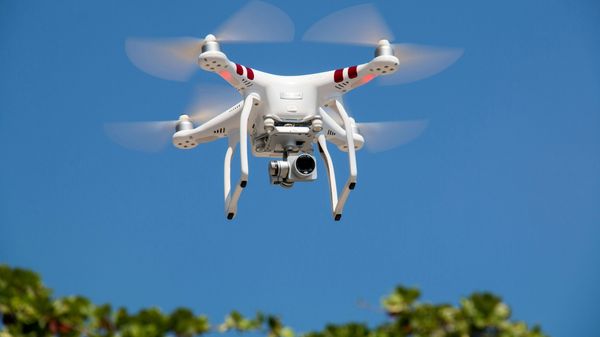“Shortcomings in security” outside the Houses of Parliament contributed to the death of a police officer during the Westminster attack, a coroner has concluded.
Judge Mark Lucraft QC, the Chief Coroner of England and Wales, said the Metropolitan Police had allowed the entrance PC Keith Palmer was guarding to be neglected by “roving” armed officers.
Delivering his conclusions at the Old Bailey, he said the two armed officers assigned to the area had not been near Carriage Gates for almost an hour before Khalid Masood struck because they were unaware of official guidance.
“They had been some distance away and out of view of the entrance because they had understood their duty to involve a roving patrol around the yard,” Judge Lucraft said.
“Due to shortcomings in the security system at New Palace Yard, including the supervision of those engaged in such duties, the armed officers were not aware of a requirement to remain in close proximity to the gates.
“Had they been stationed there, it is possible that they may have been able to prevent PC Palmer suffering fatal injuries.”
He is to draw up a “prevention of future deaths report” that will contain recommendations for the Metropolitan Police and parliamentary security officials.
PC Palmer's widow said her husband had been “left to die” by security failings and accused authorities of letting “lax security” continue at the Houses of Parliament for years.
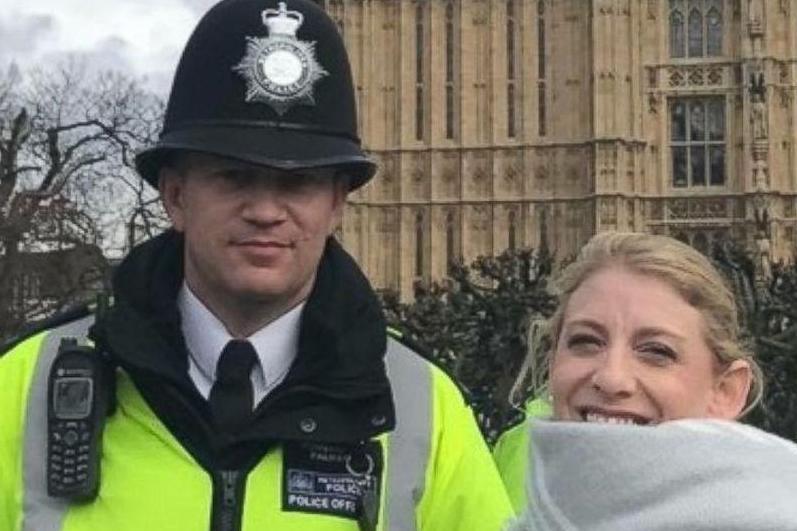
“How could Keith have been left alone, unarmed, guarding an open gate at one of the most iconic buildings in the world and one of the country’s top terrorist targets?” Michelle Palmer said in a statement.
“He was left at a vulnerable location with no protection, to die. The fact there were no firearms officers there for nearly an hour is hard to believe. I truly believe that if they had been there he would still be here today and Amy wouldn’t have lost her daddy.”
Senior officers blamed the two officers on patrol during the attack for not checking updated guidance, but the inquest heard that other armed officers were unaware and that patrol practices had not been properly monitored.
“Nobody wants to take responsibility for leaving one of their own officers there unprotected when they knew that police officers were at risk of attack at this vulnerable location,” Ms Palmer said.
“They let Keith down by failing to protect him and let us down by failing to investigate his death properly. Now we have to live with the consequences of their failure.”
She remembered her husband a “cheeky and funny man” who was the “best daddy” to their daughter, adding: “There isn’t a day that goes by when I don’t think about and miss him with all my heart.”
PC Palmer's other relatives, including his sisters, said the coroner “should have gone further” over failings by the Metropolitan Police.
“We fought hard to try and get answers to the many questions which have arisen through this process,” they added. “Unfortunately there are many which are still unanswered.”
A lawyer representing Britain's largest police force had argued that having armed officers on Carriage Gates may not have saved PC Palmer.
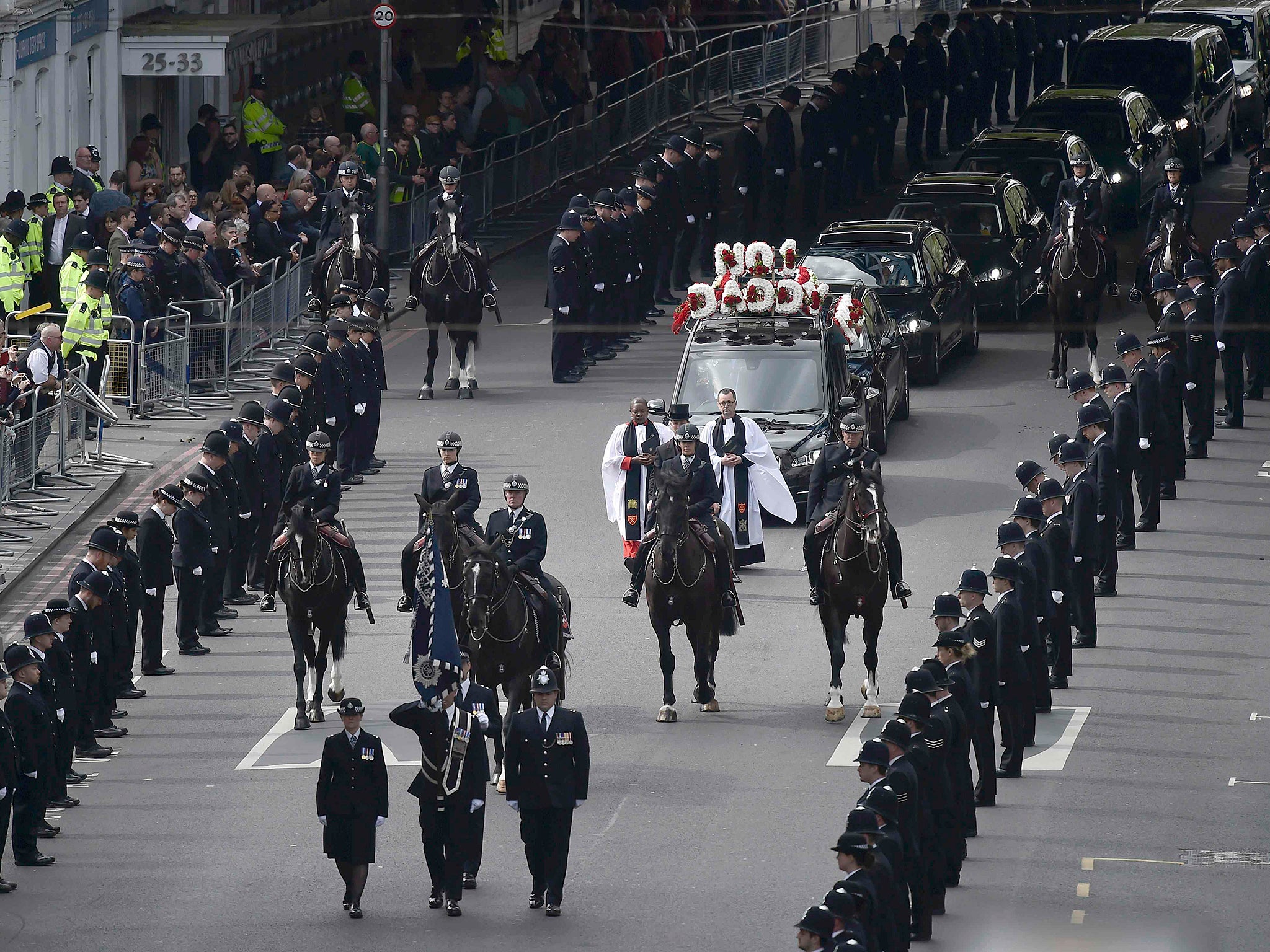
Hugo Keith claimed that they would have run towards the site where Masood crashed his car, amid initial reports of an explosion, and that shooting at the terrorist as he ran “at speed” through members of the public may have been unsafe.
But after the inquests concluded Assistant Commissioner Neil Basu, the head of national counterterror policing, said Scotland Yard “unreservedly accepted” the coroner's conclusions.
“Even the possibility that the Met lost the chance to prevent the murder of a brave and courageous officer is unacceptable. For the loss of that possibility to protect him from Masood, we are deeply sorry,” he added.
“Security arrangements have been substantially changed since the terrible events of 22 March 2017. However, everything that we can possibly do to improve the position further, and we await the Chief Coroner’s detailed conclusions, will be done.
”My thoughts are with PC Palmer’s family who lost a husband, father, brother and son in shocking and tragic circumstances when Khalid Masood carried out his murderous actions. What is also clear, however, is that PC Palmer acted with tremendous bravery and heroism [which] will never be forgotten.“
Masood was shot 82 seconds after starting his attack on 22 March 2017, which was the first atrocity claimed by Isis in the UK.
He ploughed a hired car into pedestrians on Westminster Bridge, killing American tourist Kurt Cochran, 54, retired window cleaner Leslie Rhodes, 75, mother Aysha Frade, 44, and Romanian tourist Andreea Cristea, 31.
Masood then crashed into railings surrounding the Houses of Parliament and ran towards Carriage Gates armed with two knives.
Witnesses told how he immediately started stabbing PC Palmer, the first police officer he came across, with “ferocious” force.
The attack stopped when Masood was shot by plain clothed close protection officers, who ran towards the scene with handguns drawn and ordered him to drop his weapons.
Defence minister Tobias Ellwood was among those trying to help PC Palmer before air ambulance doctors arrived. They performed open chest surgery but he died of catastrophic stab wounds at the scene.
The inquests heard that the terrorist threat level to police officers was raised to severe in 2015 and unarmed staff were allowed to stop wearing high-visibility jackets, while patrol patterns around Parliament were changed.
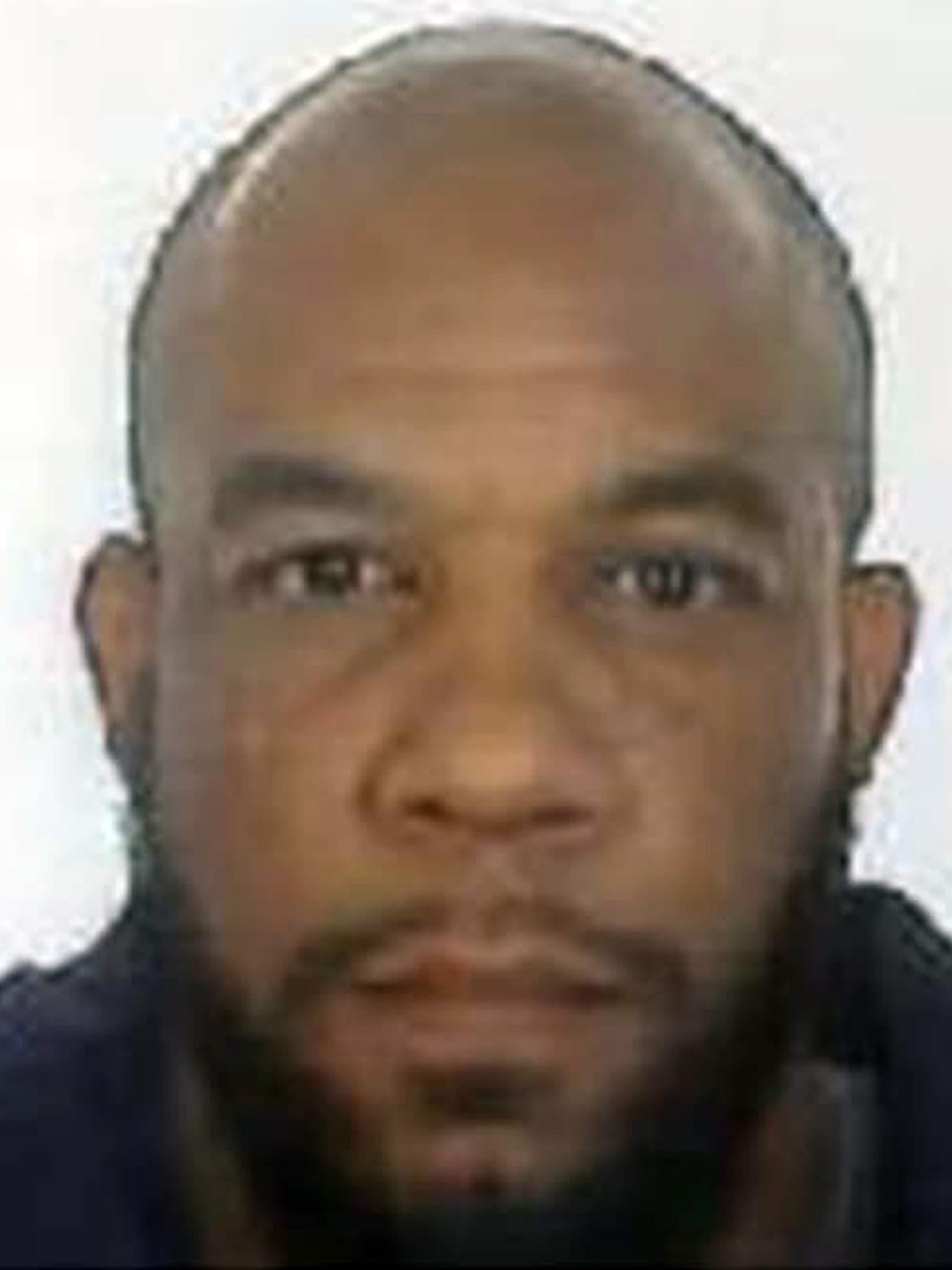
A series of emails in February 2015 revealed that a senior Metropolitan Police officer wrote to the chief inspector of operations at Westminster noting his concerns over the position of firearm officers.
Further emails revealed that those in charge “didn’t really know what the deployment plan was” and there was often confusion amongst officers about where they were supposed to be stationed.
Two authorised firearms officers (AFOs) on duty during the attack said they had never seen instructions issued that said they should be “in close proximity” to the gates when they were open.
PC Lee Ashby and PC Nicholas Sanders told the inquest that they believed they were required to patrol a wider area in New Palace Yard “along with all of the other places of threat in that sector”.
Cross-examining Commander Adrian Usher, who leads policing at the Palace of Westminster, a lawyer representing Ms Palmer accused the force of “passing the buck” to blame the officers for not complying with orders.
“The Metropolitan Police has failed to identify the fact that its armed officers were not doing what they were supposed to do,” Dominic Adamson added.
Commander Usher admitted he did not know how many armed officers had misinterpreted the patrol instructions, but said 83 per cent had at least accessed the computer system where they were stored.
The inquests heard that the move from fixed posts for armed officers outside Parliament to roving patrols earlier in 2017 then made the gates “materially more vulnerable”.
The coroner also looked into the body armour worn by PC Palmer, and was told that although it protected much of his chest, no armour on the market would have shielded the underarm area where the fatal knife wound was inflicted.
Ken Marsh, chairman of the Metropolitan Police Federation, said all officers involved “acted with the utmost professionalism in unprecedented circumstances when confronted by unimaginable evil”.
“This bravery must be supported by appropriate numbers of police officers who have the correct training, equipment and back-up when required,” he added. “We will be working with the force to ensure the lessons are learned from this tragedy.”
Relatives of the four victims killed on Westminster Bridge questioned why barriers were not installed along the pavement following Isis vehicle attacks in France and Germany, but officials said there was no intelligence that bridges could become a target.
A review of MI5 investigations into Masood found that they did not consider him a threat, although he had appeared as a contact of extremists and “subjects of interest” dating back to 2004.
The 52-year-old's wife and mother claimed that, despite his rants about Isis and warning that he would be called “a terrorist”, they did not believe him capable of the attack.
Ms Frade's husband, John Frade, expressed hope that “ lessons will be learned to prevent other families from being in this situation”.
“Although these proceedings can never bring Aysha back, we are here to make sure that the only ones that should be remembered as a result of this atrocity are Aysha and the other victims,” she added.
“Aysha will be forever our guiding light and our family will never be the same without her.”
A separate inquest will be held into Masood's death.



